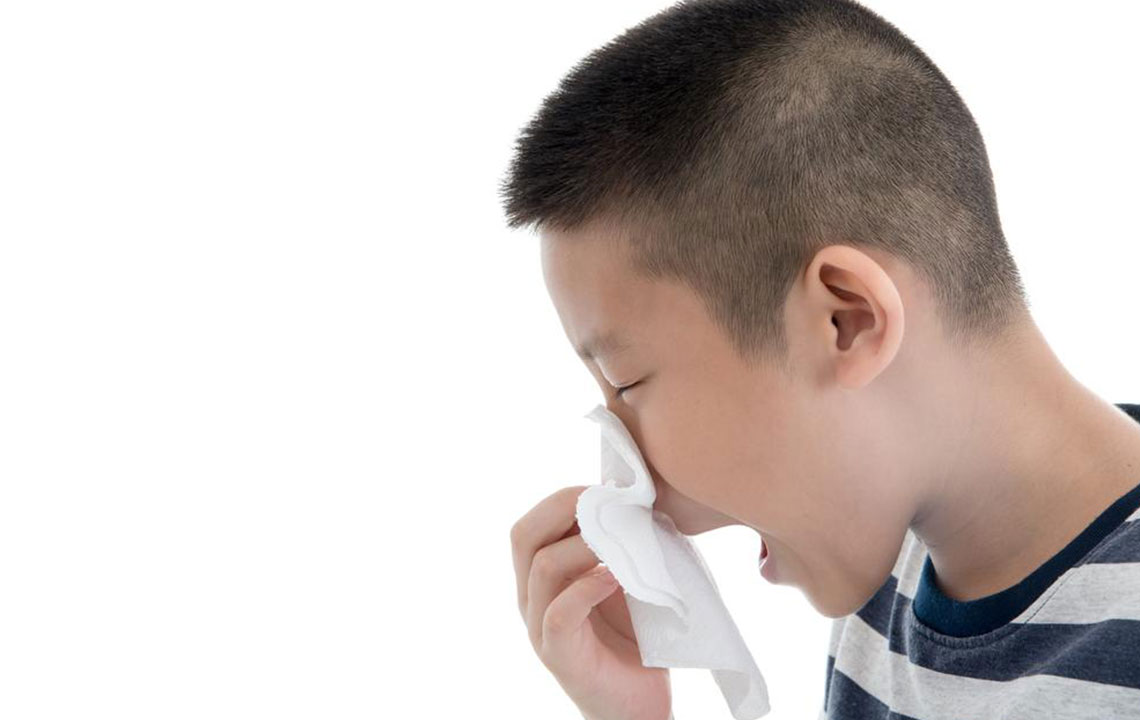Comprehensive Guide to Relieving Chronic Dry Cough Naturally and Effectively
This comprehensive guide offers natural and effective strategies to relieve chronic dry cough. It covers remedies like honey, ginger, clove, basil, steam inhalation, quitting smoking, and protecting against pollution. The article emphasizes how these methods can soothe the throat, reduce inflammation, and promote healing, helping sufferers regain smoother respiratory health. Suitable for those seeking non-pharmaceutical options, it stresses the importance of consulting healthcare providers if symptoms persist. Implementing these tips can lead to significant relief and improved quality of life for chronic cough sufferers.

Comprehensive Strategies for Alleviating Chronic Dry Cough
A persistent dry cough can profoundly impact daily routines, making simple conversations, work tasks, and social interactions uncomfortable and disruptive. This type of cough is often characterized by a tickling sensation in the throat, leading to frequent, involuntary coughing episodes that can be exhausting and irritating both for the sufferer and those around them. Chronic dry coughs are typically caused by a variety of factors, including allergies, environmental pollution, dry indoor air, tobacco smoking, or infections that inflame the throat lining. When the body produces less mucus, it results in a dry, irritating cough that triggers a reflex in the throat, often accompanied by a persistent feeling of irritation or sore throat.
Over time, this ongoing coughing can become more severe, leading to inflamed tissues and burning sensations in the throat. While persistent cough may seem stubborn, numerous natural remedies can help in alleviating symptoms and reducing the frequency of episodes. Knowing how to address a dry cough with safe and effective methods can significantly improve your comfort and breathing quality.
Applying natural treatment strategies can soothe throat irritation and promote healing. These remedies are widely accessible, safe for most individuals, and can be integrated into your daily routine to provide relief from persistent dry cough symptoms.
Honey
Honey is renowned for its natural soothing properties. It forms a protective coating over the throat, helping to calm irritation quickly. Consuming a teaspoon of raw honey multiple times throughout the day, especially before bedtime, can diminish coughing fits and support restful sleep. Honey's antimicrobial qualities also aid in fighting infection if the cough is caused by mild throat infections.
Ginger
Ginger is a powerful anti-inflammatory agent known to soothe sore throats. Preparing fresh ginger juice and combining it with honey and lemon creates a natural, healing beverage that alleviates coughing symptoms. Drinking this mixture regularly can reduce throat irritation and promote recovery from persistent dry coughs.
Clove
Cloves possess inherent anti-inflammatory and analgesic properties. Sucking on raw cloves or brewing a clove-infused tea with honey and ginger can provide effective relief from dry coughs. Clove tea helps reduce inflammation in the throat, calming persistent cough due to its antiseptic qualities.
Basil
Basil has been used in traditional medicine for centuries to treat respiratory ailments. Preparing basil tea or blending fresh basil juice with honey offers soothing benefits. Enhancing the basil beverage with ingredients like ginger, cloves, and black pepper can amplify its therapeutic effects. Regular consumption every two hours can significantly lessen coughing episodes and promote relief.
Steam Inhalation
Inhalation of steam is an effective method to loosen mucus and clear the airways. Adding essential oils such as eucalyptus or tea tree oil can intensify the healing process. To ensure safety, avoid burns by controlling steam temperature and inhaling for short periods. This method not only provides immediate relief but also reduces inflammation in the respiratory tract.
Quit Smoking
Smoking is a primary contributor to dry cough and respiratory irritation. Both active smoking and exposure to secondhand smoke can exacerbate symptoms, delay healing, and aggravate inflammation. Quitting smoking and avoiding smoky environments are crucial steps toward recovery, improving lung health and reducing cough frequency.
Protection Against Environmental Pollution
Airborne pollutants, including dust, smog, and chemical fumes, can trigger chronic coughs. Using masks outdoors can reduce inhalation of these harmful particles, thereby protecting the respiratory lining from further irritation. Improving indoor air quality with humidifiers or air purifiers can also prevent dry air from aggravating your symptoms.
While these natural remedies and lifestyle modifications can significantly ease a chronic dry cough, persistent symptoms that do not improve should be evaluated by a healthcare professional. Proper diagnosis is vital to rule out underlying conditions such as asthma, bronchitis, or other respiratory illnesses. Incorporating these strategies into your daily routine can enhance your respiratory comfort, reduce cough episodes, and support overall throat health. Remember, patience and consistency are key to achieving successful relief from this irritating condition.





